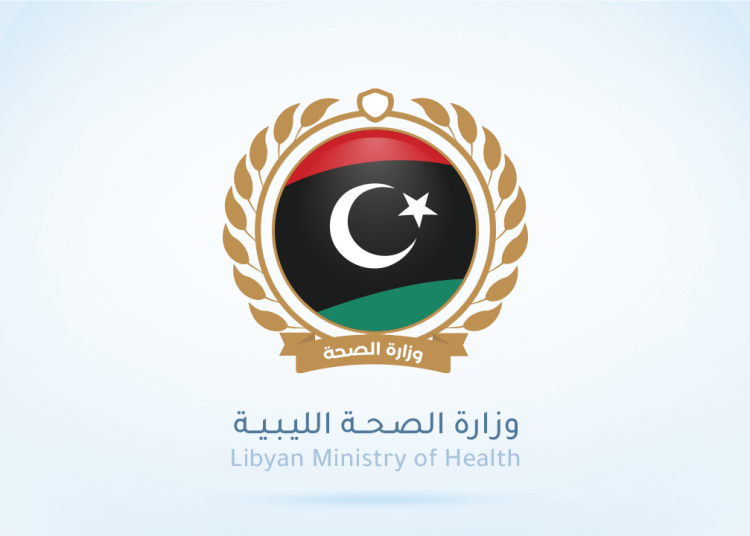Deputy Prime Minister and Acting Minister of Health of the Tripoli based Libyan government, Ramadan Abu Janah, received yesterday at his Ministerial office in Tripoli 50 medical and auxiliary personnel arriving (with their families) from Egypt.
Egyptians to work in South and remote regions
They are part of a Health Ministry contract to bring 299 personnel as part of the efforts of the Minister of Health to solve the problem of the lack of specialized medical and auxiliary personnel to operate health institutions located in the southern and remote regions.
The first in 15 years
The Health Ministry says it is the first time in 15 years that it has succeeded in bringing in qualified medical teams from Egypt, after governmental efforts had faltered for a decade and a half in resolving this issue, and after the departure of medical teams from Libya coming due to instability.
A reflection of a new stability?
The Minister stressed that the success of the Ministry of Health in importing qualified medical personnel from Egypt reflects the success of the efforts of his government in achieving stability and peace in Libya despite the challenges and problems that the country suffers from.
The Minister of Health stated that the experience of the Libyan state in hiring qualified Egyptian cadres in the health sector and various other sectors in the 1970s contributed to strengthening the bonds between the two countries, which clearly appears in the nature of the mutual fraternal relationship between the people of Libya and their Egyptian brothers.
The medical specialisations
The Egyptian medical team includes an elite group of consultants and specialists in psychiatry and neurology, neurosurgery, paediatrics, orthopaedics, kidney disease, eye surgery, physical therapy, ear, nose and throat, fertility and ICSI, and obstetrics and gynaecology.
In addition to specialized nursing personnel in oncology care, intensive care, neonatal care, emergency care, operations, cardiac care, and paediatric care.
Comment and analysis
It must be noted that there is an abundance of experienced and qualified Libyan doctors within and outside Libya. However, Libyan doctors do not wish to work in the south and remote regions – including doctors born and raised in the south and remote regions.
They all prefer to work in the bigger cities where they feel they are safer and have a better quality of life, including being able to earn a better revenue in private clinics in the afternoons.
Various Libyan governments have over the years attempted to attract Libyan doctors to the south and regions by paying them extra incentives, but the various outbreaks of insecurity, wars and militia clashes and kidnappings had negated these incentives.
The paradox: A huge number of Libyan doctors working abroad
It must also be noted that there is a huge number of Libyan doctors residing and working abroad. The irony and paradox is that most of these Libyan doctors working abroad were educated by (very expensive) Libyan government scholarships.
However, for various reasons, including higher pay, quality of work and living for them and their family, they prefer to continue to reside and work abroad while Libya is forced to import medical personnel.








